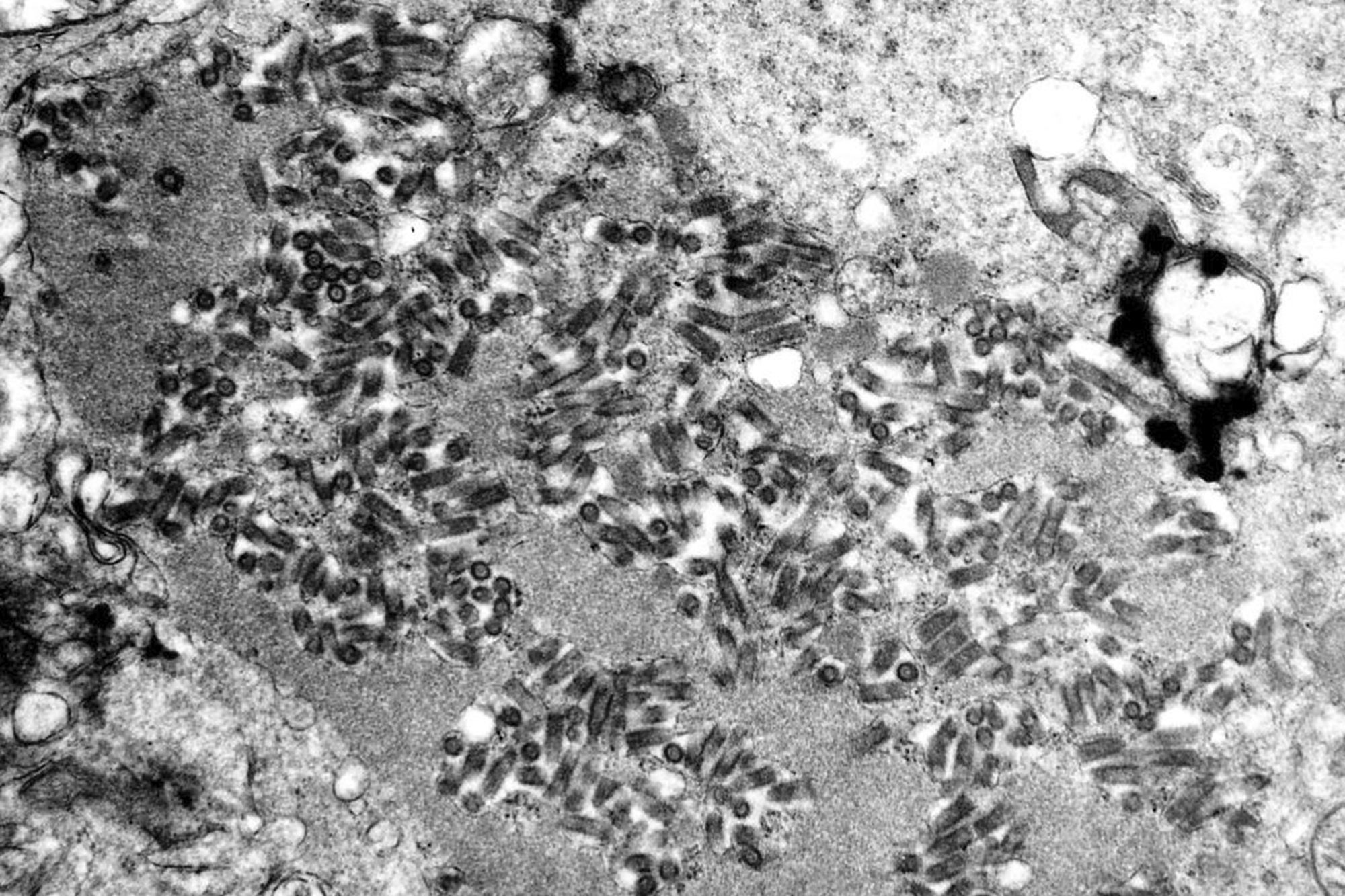A patient finally got off the organ transplant list. A month later, they died of rabies
Michigan health officials say there is ‘no threat’ to the public after the first human case of the disease in the state in more than 15 years

A Michigan resident who received a kidney transplant died a month later after contracting rabies from the infected organ, officials say.
The patient received a transplant from a hospital across the state border in Ohio’s Lucas County in December, the Michigan Department of Health and Human Services said in a statement Wednesday.
The recipient died the following month after receiving the body part, state health officials said.
The Michigan HHS said that a public health investigation determined that the patient contracted the deadly disease through the kidney.
Dr. Carl Schmidt, a deputy coroner with the Lucas County Coroner's Office, confirmed to WHIO that the infected organ was a kidney. A Michigan HHS investigation also found this to be the case.
The identities of both the patient and donor have not yet been revealed. The donor was not from Michigan or Ohio.

Lynn Sutfin, a spokesperson for the Michigan health agency, said that there is “no threat” to the public.
“Health officials worked together to ensure that people, including health care providers, who were in contact with the Michigan individual were assessed for possible exposure to rabies,” she added. “Post-exposure preventive care, if appropriate, has been provided.”
Officials said that because the patient was a Michigander, the infection counted as a Michigan rabies case despite the patient receiving the infected organ in Ohio.
Officials did not reveal the facility where the transplant took place, but the University of Toledo Medical Center’s website states it has “operated the only transplant program in northwest Ohio since 1972.”
“A patient receiving care at The University of Toledo Medical Center died in January 2025 of rabies,” a spokesperson from the hospital confirmed to The Independent on Thursday.
First Michigan case since 2009
According to the Centers for Disease Control and Prevention, this case marked the first human case of rabies in Michigan since 2009.
Rabies primarily affects the central nervous system and can lead to severe brain disease if not treated before symptoms start, according to the CDC.
Potential organ donors are screened for viruses, bacteria, and other infections in the U.S. However, because of its rarity and the time it takes to perform tests, rabies is not often screened for.
A Florida resident died in 2013 after receiving a kidney transplant about a year earlier after contracting rabies through the organ. Three similar cases occurred in 2004 after patients received organs from an infected donor in Arkansas.
The CDC states that around 60,000 Americans receive post-exposure care after possibly coming into contact with the disease each year. Fewer than 10 human rabies deaths are recorded annually.
Globally, the World Health Organization estimates that rabies causes 59,000 human deaths each year in over 150 countries, with 95 percent of cases occurring in Africa and Asia.
According to the American Journal of Transplantation, donor-derived disease transmission complicates less than one percent of all transplant procedures.
There were over 46,000 organ transplants in the U.S. in 2023, per the latest figures from the Organ Procurement and Transplantation Network.
Join our commenting forum
Join thought-provoking conversations, follow other Independent readers and see their replies
Comments
Bookmark popover
Removed from bookmarks